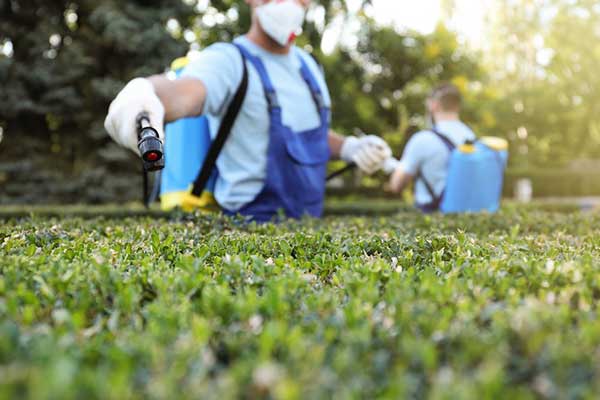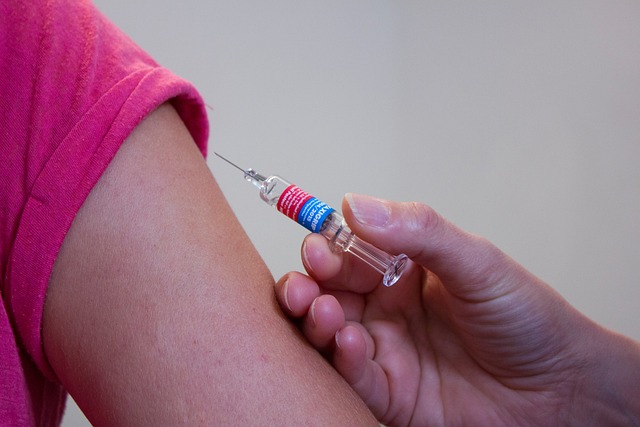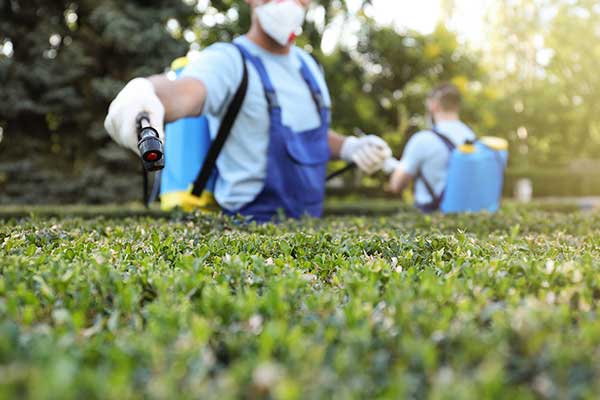

Paraquat Parkinson’s Lawsuit Filed by Sugar Cane Farmer
Filed in the Southern District of Illinois, a new lawsuit claims that makers of dangerous herbicide Paraquat failed to warn users of the potential link between Paraquat and Parkinson’s disease. The plaintiff is a sugar cane farmer from Louisiana who alleges that his Parkinson’s diagnosis was a result of years-long exposure to the toxic weed killer in the 1980s. Syngenta and Chevron are named defendants in the case, which will be consolidated into the Paraquat multi-district litigation (MDL). The MDL has grown to more than 2,000 cases being pursued by people who developed Parkinson’s after handling Paraquat.
Paraquat was originally developed in the 1950s, and sold under the brand name Gramoxone in the 1960s. It was used widely by famers, groundskeepers, and agricultural workers to control unwanted grass and weed growth. For over a decade, however, studies have demonstrated a link between the herbicide and Parkinson’s disease. Ingesting the chemical—even absorbing droplets of it through the skin—may lead to development of the central nervous system condition. The chemical has long been considered dangerous and has been banned in several countries—but remains available in the U.S. to licensed users.
Who is Most at Risk for Developing Parkinson’s?
Individuals exposed to herbicides or pesticides that contain Paraquat may be most at risk for the condition:
- Farmers and farm workers
- Agricultural workers
- Chemical mixers, tank fillers, and transporters
- Herbicide applicator workers
Think You May be Eligible to File a Paraquat Parkinson’s Lawsuit?
If you or a loved one handled or used an herbicide or pesticide containing paraquat and were later diagnosed with Parkinson’s Disease, you may be legally entitled to compensation.









